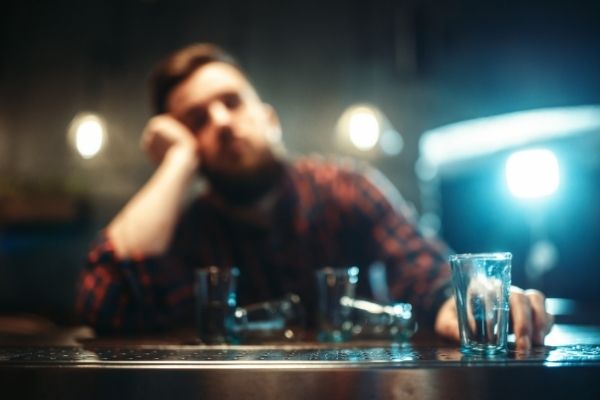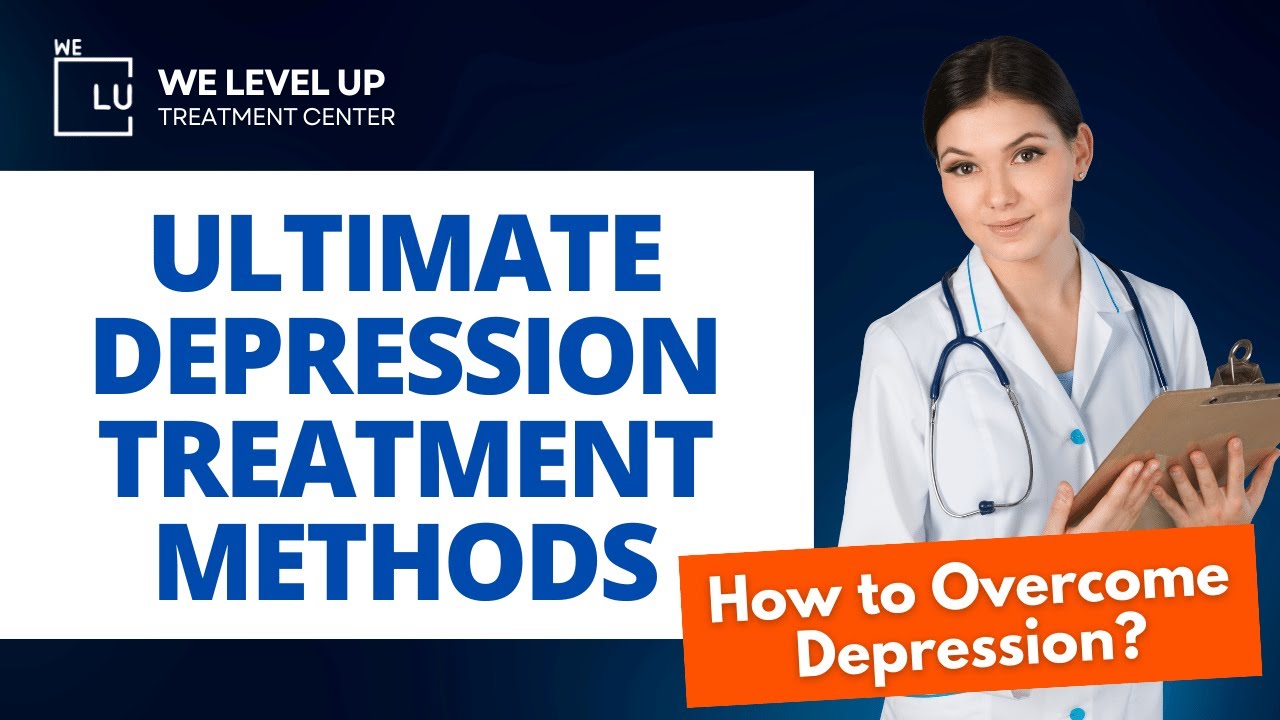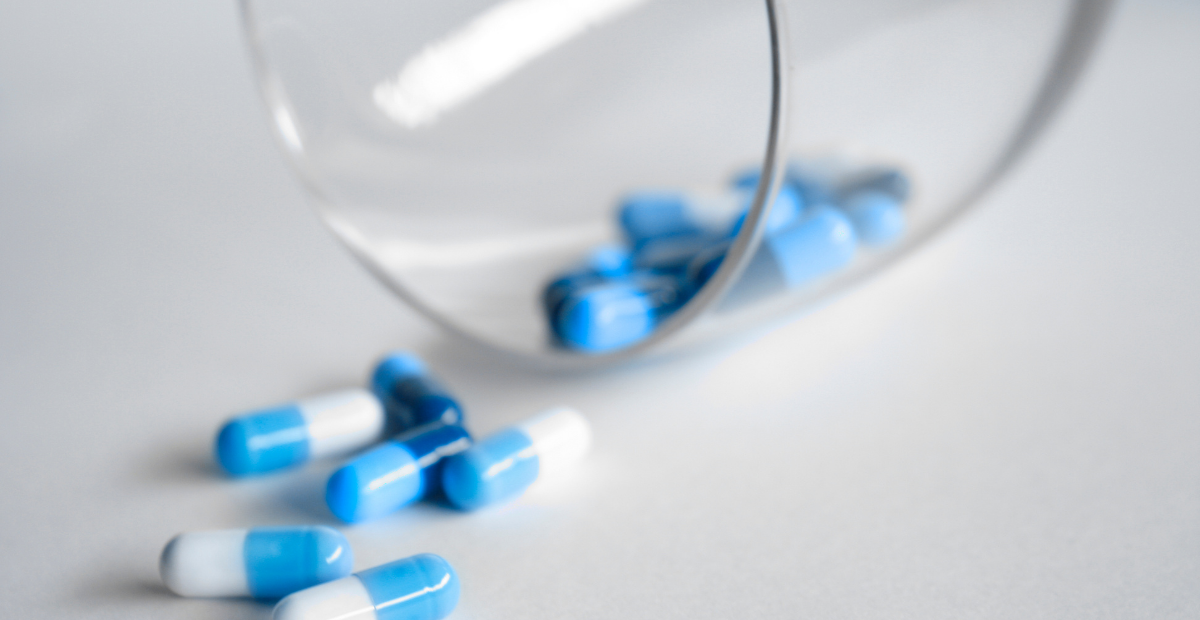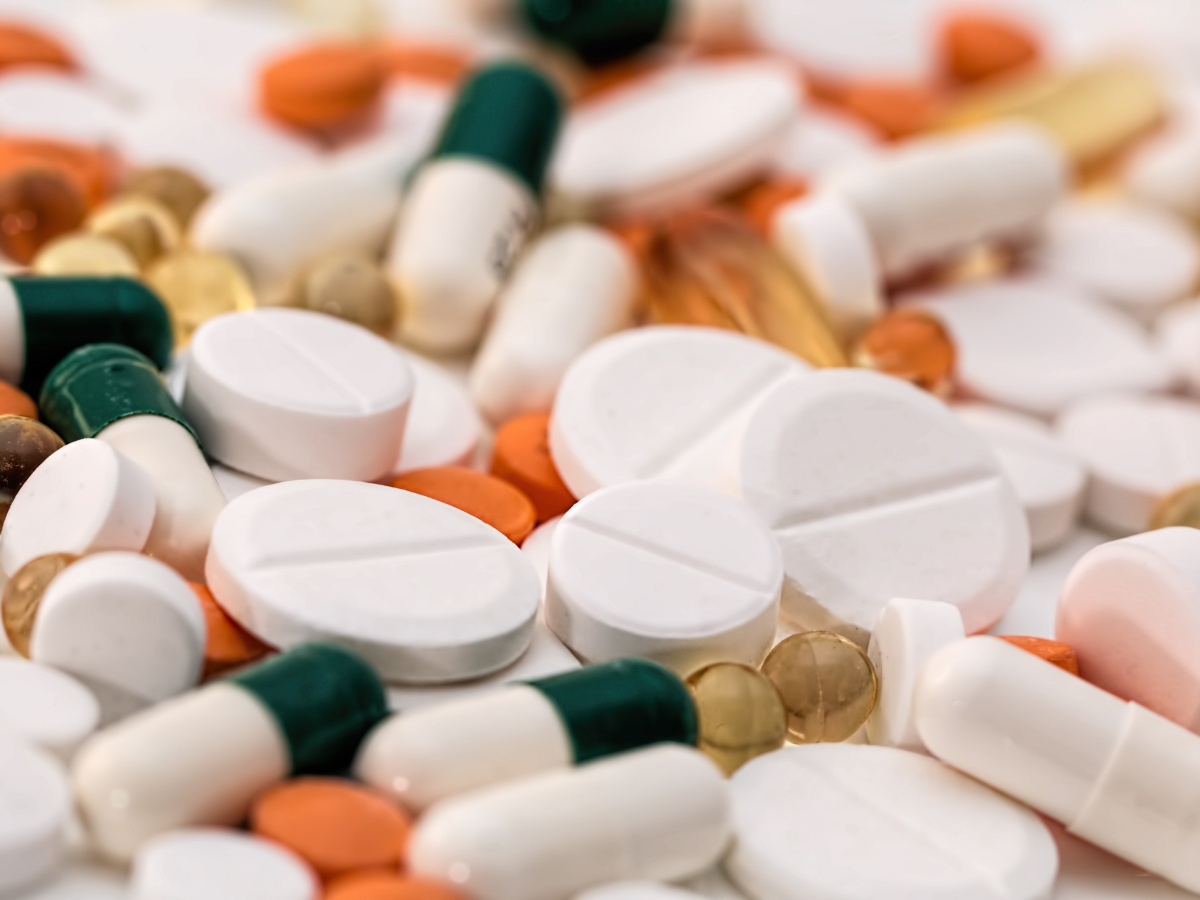What is Prozac?
Fluoxetine, sold under the brand names Prozac and Sarafem among others, is an antidepressant of the selective serotonin reuptake inhibitor class. It is used for the treatment of the major depressive disorder, obsessive-compulsive disorder, bulimia nervosa, panic disorder, and premenstrual dysphoric disorder. Prozac is also sometimes used to treat alcoholism however, mixing Prozac and alcohol can quickly lead to increased sedation. Having even one drink while you take Prozac can cause extreme drowsiness. This effect can lead to potentially dangerous situations. These include poor decision-making, impaired driving, and an increased risk of falls and injuries. [1]
How Does Prozac Work?
Prozac is used to treat depression, obsessive-compulsive disorder (bothersome thoughts that won’t go away and the need to perform certain actions over and over), some eating disorders, and panic attacks (sudden, unexpected attacks of extreme fear and worry about these attacks).
Prozac is also used along with olanzapine (Zyprexa) to treat depression that did not respond to other medications and episodes of depression in people with bipolar I disorder (manic-depressive disorder; a disease that causes episodes of depression, episodes of mania, and other abnormal moods). This drug is in a class of medications called selective serotonin reuptake inhibitors (SSRIs). It works by increasing the amount of serotonin, a natural substance in the brain that helps maintain mental balance. [2]

Side Effects of Prozac
Prozac may cause side effects. Tell your doctor if any of these symptoms are severe or do not go away:
- Nervousness
- Anxiety
- Difficulty falling asleep or staying asleep
- Nausea
- Diarrhea
- Dry mouth
- Heartburn
- Yawning
- Weakness
- Uncontrollable shaking of a part of the body
- Loss of appetite
- Weight loss
- Unusual dreams
- Stuffy nose
- Sexual problems in males; decreased sex drive, inability to get or keep an erection, or delayed or absent ejaculation
- Sexual problems in females; decreased sex drive, or delayed orgasm or unable to have an orgasm
- Excessive sweating
- Headache, confusion, weakness, difficulty concentrating, or memory problems
Some side effects can be serious. If you experience any of the following symptoms or those listed in the IMPORTANT WARNING or SPECIAL PRECAUTIONS section, call your doctor immediately:
- Rash
- Hives or blisters
- Itching
- Fever
- Joint pain
- Swelling of the face, throat, tongue, lips, eyes, hands, feet, ankles, or lower legs
- Difficulty breathing or swallowing
- Agitation, fever, sweating, confusion, fast or irregular heartbeat, shivering, severe muscle stiffness or twitching, hallucinations, loss of coordination, nausea, vomiting, or diarrhea
- Fast, slow, or irregular heartbeat
- Shortness of breath
- Dizziness or fainting
- Seizures
- Abnormal bleeding or bruising
Prozac may cause other side effects. Call your doctor if you have any unusual problems while taking this medication.
Prozac and Alcohol Interaction
Avoid drinking alcohol or using illegal drugs while you are taking antidepressant medications. They may decrease the benefits (e.g., worsen your condition) and increase adverse effects (e.g., sedation) of the medication. Side effects may be worse if you also take another medication. Many medications can cause problems when taken with alcohol — including anti-anxiety medications, sleep medications, and prescription pain medications. Side effects may worsen if you drink alcohol and take one of these drugs along with an antidepressant such as Prozac.
Dangers of Mixing Prozac and Alcohol Consumption

Combining medications (prescribed or not prescribed) with alcohol can have unpredictable and unwanted consequences. We can help ourselves, our friends, and our community by understanding the dangers and taking steps to prevent harm and get alcoholism treatment.
Mixing Prozac and alcohol can be harmful. Alcohol, like some medicines, can make you sleepy, drowsy, or lightheaded. Drinking alcohol while taking medicines can intensify these effects. You may have trouble concentrating or performing mechanical skills. Small amounts of alcohol can make it dangerous to drive, and when you mix alcohol with certain medicines you put yourself at even greater risk. Combining Prozac and alcohol can lead to falls and serious injuries, especially among older people.
Prozac and Alcohol Side Effects
The ingredients in Prozac are designed to help calm your mood. One of the side effects of the drug is tiredness. Prozac can interfere with coordinated movement and alertness like alcohol does. Combining Prozac with alcohol can quickly lead to increased sedation. Having even one drink while you take Prozac can cause extreme drowsiness. This effect can lead to potentially dangerous situations. These include poor decision-making, impaired driving, and an increased risk of falls and injuries.
Mixing Prozac and alcohol can also lead to other side effects. These can include:
- Dizziness
- Sudden fatigue and weakness
- Feelings of hopelessness
- Suicidal thoughts
Prozac and alcohol hangover may cause fatigue and weakness, which may interfere with your ability to finish simple tasks. You may find yourself needing to take a break to rest. Alcohol can also keep Prozac from working as well as it should. Taking antidepressants like Prozac doesn’t mean you’re immune to the depressive effects of alcohol. Instead, alcohol may actually keep your medication from working to its full effect. This means you won’t get the full benefits of Prozac. This can make the symptoms of your condition even worse. [3]
Prozac and Alcohol Liver Damage
The selective serotonin reuptake inhibitors (SSRIs) are some of the most commonly used prescription medications worldwide, yet reports of clinically apparent hepatic injury during their use are rare. Typically, the latency to onset is 1 to 6 months and the pattern of injury is either an acute hepatocellular or cholestatic hepatitis that is self-limited and rapidly reversed upon withdrawal of the agent.
The possible role of alcohol can also not be completed excluded in this case, although the liver histology and the speed of recovery argue for fluoxetine rather than alcohol as a cause of the liver injury. When patients develop clinically apparent liver injury from an SSRI, it is not clear whether another member of this group can be substituted. A structurally unrelated substitute along with careful monitoring is perhaps prudent if antidepressant therapy is considered necessary. [4]
Alcohol and Depression
Alcohol is a depressant, so drinking it when you have depression can make the symptoms of your condition worse. It can even cause signs of depression in people who don’t have clinical depression. Symptoms of depression can include:
- Frequent sadness
- Feelings of worthlessness
- Loss of interest in activities you used to enjoy
- Unusual tiredness
- Suicidal thoughts
If you’re tempted to drink when you feel depressed, don’t. Drinking will only make your health worse. Instead, call your doctor. There are many safe, effective ways to treat depression. [5]

The prevalence of comorbidity of depression and alcohol use disorders (AUD) has been demonstrated in a number of researches. Depression in an alcohol-dependent person has been reported to not only lower the resolve to resist alcohol use but may also lead to the use of alcohol to relieve the depressive symptoms. It is important to understand the significance of co-occurrence of depression and alcohol use disorders since this may explain why the majority of cases relapse after treatment for alcohol dependence. In addition, it may explain why antidepressants have been shown to moderately benefit patients with both depression and alcohol use disorders. [6]
Treatment for Alcohol Misuse and Addiction
Mixing Prozac and alcohol puts you at risk for dangerous reactions. Protect yourself by avoiding alcohol if you are taking a medication and don’t know its effect. To learn more about a medicine and whether it will interact with alcohol, talk to your pharmacist or other health care provider.
Mixing any combination of prescription drugs, over-the-counter drugs, illicit drugs, and alcohol can be unpredictable and dangerous. Most fatal overdoses involve the use of more than one type of drug (poly-drug use). Mixing prescription drugs with alcohol is dangerous because different drugs act on our bodies in different ways. The harmful effects are magnified by using more than one drug type. For example, the more alcohol in the body, the less heroin needed to cause an overdose.
Treatment for alcohol and drug addiction includes medications that can help people get control without a high chance of addiction. Typically, a key part of treatment is counseling or psychotherapy. It may also require withdrawal detoxification, addiction medicine, and recovery support. Call today to speak with one of our treatment specialists here at We Level Up TX. Addiction specialists know what you are going through and will answer any of your questions.
Your call is private and confidential and there is never any obligation.
Sources:
[1-2,4] Fluoxetine – U.S. Department of Health and Human Services National Institutes of Health
[3] Interactions Between Prozac and Alcohol – https://www.healthline.com/health/depression/prozac-alcohol
[5-6] The Association between Alcohol Dependence and Depression before and after Treatment for Alcohol Dependence – National Center for Biotechnology Information, U.S. National Library of Medicine




